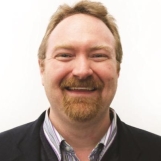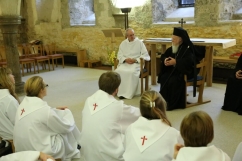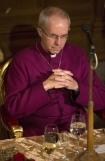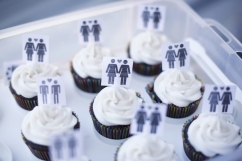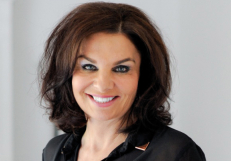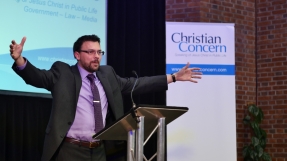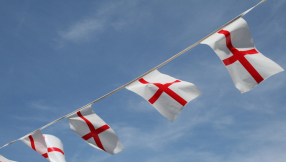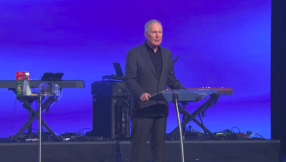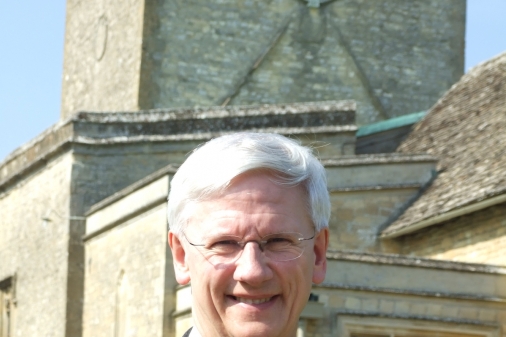
Two prominent bishops have called for evangelicals in the Church of England to cease their fighting over homosexuality and accept other evangelicals as such, even when they take a pro-gay stance.
Bishop of Liverpool Paul Bayes and Bishop of Dorchester Colin Fletcher are among contributors to a new book edited by Jayne Ozanne, a lay member of the General Synod and former member of the Archbishops' Council, who counts herself as evangelical and last year came out as gay.
Bishop Fletcher criticises the "immense" damage to "far too many good Christian people" by the Church's attitude to gay people. Bishop Bayes says: "We need to change the Church – to make room and to extend the table."
In the book, Journeys in Grace and Truth – Revisiting Scripture and Sexuality, the contributors explain why they have moved towards an "affirming view" of same-sex relationships.
0Copies have been posted to all 460 members of the General Synod, who will meet behind closed doors in York next month to discuss the results of the "shared conversations" that have been taking place on sexuality and the Church.
Other contributors include Gavin Collins, Archdeacon of the Meon, Marcus Green, an openly gay evangelical priest, Dr David Ison, Dean of St Paul's and broadcaster Cindy Kent, last week awarded the MBE.
All the contributors are from the evangelical wing of the Church of England, where opposition to same-sex relationships remains strongest. Most evangelical bishops and clergy still take a traditional stance against same-sex relationships.
Ozanne said: "There is a growing number of voices across the Church, including the evangelical wing, that believe that it is possible to hold an affirming biblical view of same-sex relationships, and who want to affirm LGBTI Christians for being who they are in Christ. For too long people have felt silenced for saying what they truly believe for fear of being called unsound by their colleagues. The time for silence is now over."
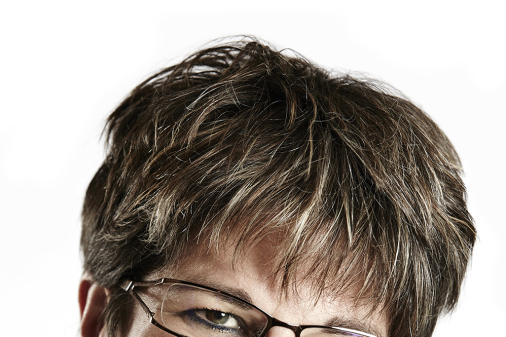
Bishop Fletcher, former chaplain to the Archbishop of Canterbury, says in the foreword that over the past 15 years as a bishop, he has been asked by a growing number of his clergy colleagues if they can offer "something more substantial" than a few private prayers to mark the public affirmation by a same-sex couple of their commitment to one another.
Some clergy are increasingly feeling able to be more open about their own same-sex partnerships, whether or not these have been formalised in a civil partnership or even in marriage, he adds.
"Pastorally too I am still saddened and shocked by evangelical churches who exclude gay men and women from holding office, even when they are un-partnered.
"Part of my learning curve has been to listen to their stories – lay and clergy alike – over recent years and to feel, at least to a small extent, the pain they experience. The damage being done to far too many good Christian people is immense."
He questions whether homosexual practice in the context of stable, faithful, and permanent partnerships is universally condemned in the Bible. "And, even if we believe it is, does that mean that we have, of necessity, to refuse to share in the mission of God with those who disagree with us?"
He also argues that evangelicals should accept each other as evangelicals without resorting to the tactic of marginalising or excluding those they disagree with. "I recognise that this will be difficult to achieve but I think that it is extremely important for the health of evangelicalism, both within the Church of England, and beyond it."
He pleads for an openness among evangelicals "to engage biblically" with pro-gay Christians without writing them off simply as "revisionists".
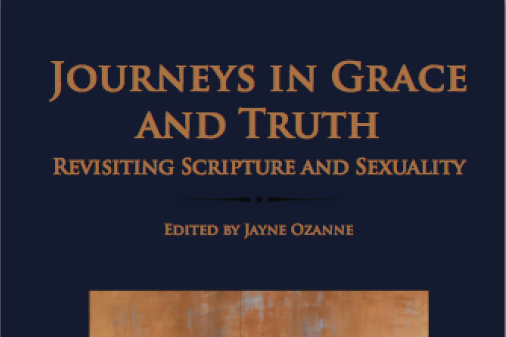
Bishop Fletcher told Christian Today: "I have not changed my mind on marriage being between a man and a woman. My main purpose in writing the foreword is because I really think there is a very important discussion to be had among evangelicals. It is an internal conversation but it is absolutely crucial to have it without people being dismissed as not biblical, just because they have a different point of view." He said he wanted to defend the rights of people to interpret the Bible differently.
He also said too much emphasis had been placed on sexuality as a "gospel" issue.
"I simply do not believe this is on the same level as conversations about the Trinity or the humanity and divinity of Christ, which are gospel issues to me. Questions of sexuality are strongly significant, but not of ultimate significance, whereas questions of the Trinity and the nature of Christ are credal."
Bishop Bayes writes in the book that his own extended family includes a number of partnerships and a fair number of children – children of opposite-sex marriages, children of a civil partnership, children of a same-sex marriage. "All these children seem to play well together, though the parents of some of them have had difficulty in finding a welcome in the Church of Jesus Christ."
He describes his experience with Open Table in Liverpool, a congregation of more than 40 LGBTI men and women. "In my attempts to give close attention to this experience, I have myself been profoundly changed," he says.
Bishop Bayes told Christian Today that he still backed the Church's teaching on the issue, which is a traditional line. "I'm a bishop. I teach what the Church teaches. At the moment the formal recognition of same sex unions is not something the Church teaches."
But he thinks the Church should move foward. "We should stand together, so we should uphold present teaching. But I believe we should look hard at what LGBTI experience says to us and we should make room."
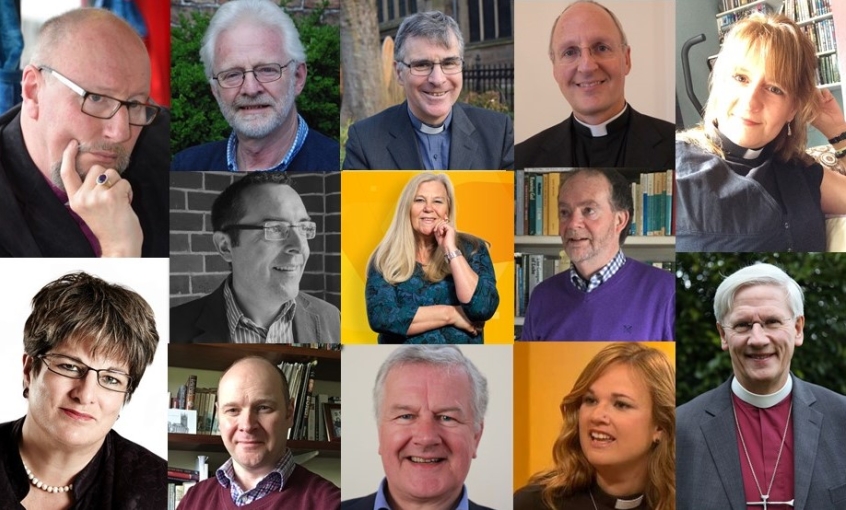
He added: "The present situation is unsatisfactory. The lack of clarity in the Church produces pain for LGBTI Christian people and those who want to come to faith."
Bayes, who has been taking part in the shared conversations, said God had been moving to underline the encouragement to listen. "If we are going to listen, the possibility must be there that God will teach us as well as others."
He referred to his newborn grandchild, Hector. "He will grow up in a society where same-sex marriage has been legal for longer than he's been alive. So when Hector grows up and asks about Jesus, how do I respond in this England about the Jesus who loves everyone?"
Christians want the Church to be credible. "That includes being credible about this issue. I know conservative churches where gay people are living lives fully faithful to the teaching of the Church. But I also know LGBTI Christians in many churches who want to express their sexuality as a gift from God in the context of faithfulness. They find that difficult at the moment."
He does not believe the Church will change quickly.
"We are going to move forward together. If it's together it has to be slowly. Whoever it is that wants a purer, smaller Church, I'm against that. I would rather have a big messy Church, but that means we are going to move slowly."
Ozanne told Christian Today: "The horrific events in Orlando show what happens when ignorance and fear are left to fester and ferment. It raises very challenging questions for us all. How might we have contributed to what appears to have been the deep sense of self-loathing that motivated a lone gunman to take 50 innocent lives? Are we committed to understanding and celebrating the rich tapestry of 'difference' that weaves us together in our society, and binds us together in the Body of Christ?"










